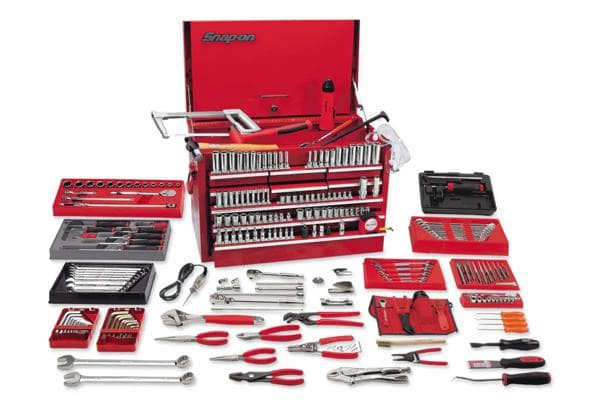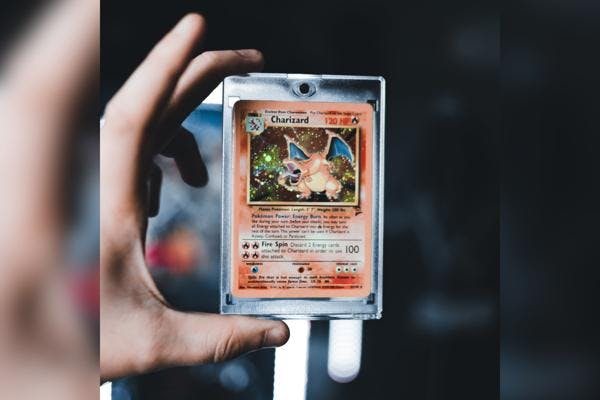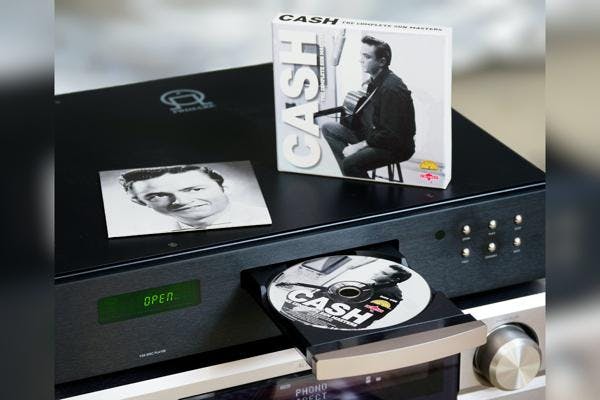
Unleashing the Value: Pawning Snap-on Tools at Pawn Shops
Many pawn shops pay top dollar for good condition tools and equipment.

Many pawn shops offer sellers the ability to get a higher offer when they choose store credit
instead of cash.
Store credit is not very common with most retail businesses, so many customers are not aware that store credit is an
option. In this post, we will discuss the pros and cons of store credit, and why you should ask about store credit
next time you sell something at a pawn shop.
Store credit is essentially like a gift card that can be used only at the pawn shop that issued the store credit. Store credit defines a set dollar amount that the store will allow you to use to buy items from the store inventory. The primary difference between store credit and gift cards is store credit is generally not easily transferrable and store credit is more difficult to resell to another person.
Store credit at pawn shops is not the same as a store credit card, nor is it a type of consumer loan. Store credit is not a financial obligation or debt that needs to be paid - store credit is the opposite of a loan because it represents an amount that the store owes the customer. Store credit typically does not earn or charge interest on balances.
Store credit is typically given to customers when they sell an item to a pawn shop. The person selling often has a choice to take cash or store credit in exchange for their item. Pawn shops often give a higher offer when the seller chooses to take store credit.
When a seller chooses store credit, the pawnbroker will typically record the transaction and amount in the store’s computer system as a credit balance. The seller then has the ability to buy merchandise from the store inventory and use the store credit to pay.
Pawn shops like to offer store credit because it keeps more cash at the pawn shop. Store credit is similar to pre-selling items from the inventory. Think of the following example:
Bob wants to sell his PS4 to the pawn shop. The pawn shop may offer $100 cash or $135 in store credit. Bob could walk out the door that day with $100 cash in his pocket, or he could buy merchandise from the store’s inventory using the $135 credit. The pawn shop prefers giving store credit because it guarantees that Bob at some point will have to spend the $135 to buy items from the store.
Not all pawn shops may offer store credit. When you sell your item, you should ask if the pawn shop will give you a higher offer when you choose store credit. Asking for store credit is a common pawn shop negotiating tactic.
You should only choose store credit if the pawn shop offers you more value in store credit. Cash is king, so you should always take cash when the values are the same. Only take store credit when you can benefit from the difference.
You can use the Pawn Shop Map pawn shop location tool to find pawn shops near you when you decide to sell your item. You can contact pawn shops ahead of time and ask them if they offer store credit.
💬 Sé el primero en dejar un comentario

Many pawn shops pay top dollar for good condition tools and equipment.

Learn how to sell your good condition designer sunglasses to pawn shops

Learn how you can exchange Christmas gifts at pawn shops for cash

Learn how to get the most money at pawn shops for your rare Pokémon Cards.

Many pawn shops still buy and sell DVDs and DVD players. Learn how much money pawn shops will offer.

Pawn shops are an essential part of the economy. Learn how you can start a profitable pawn shop in your local region.